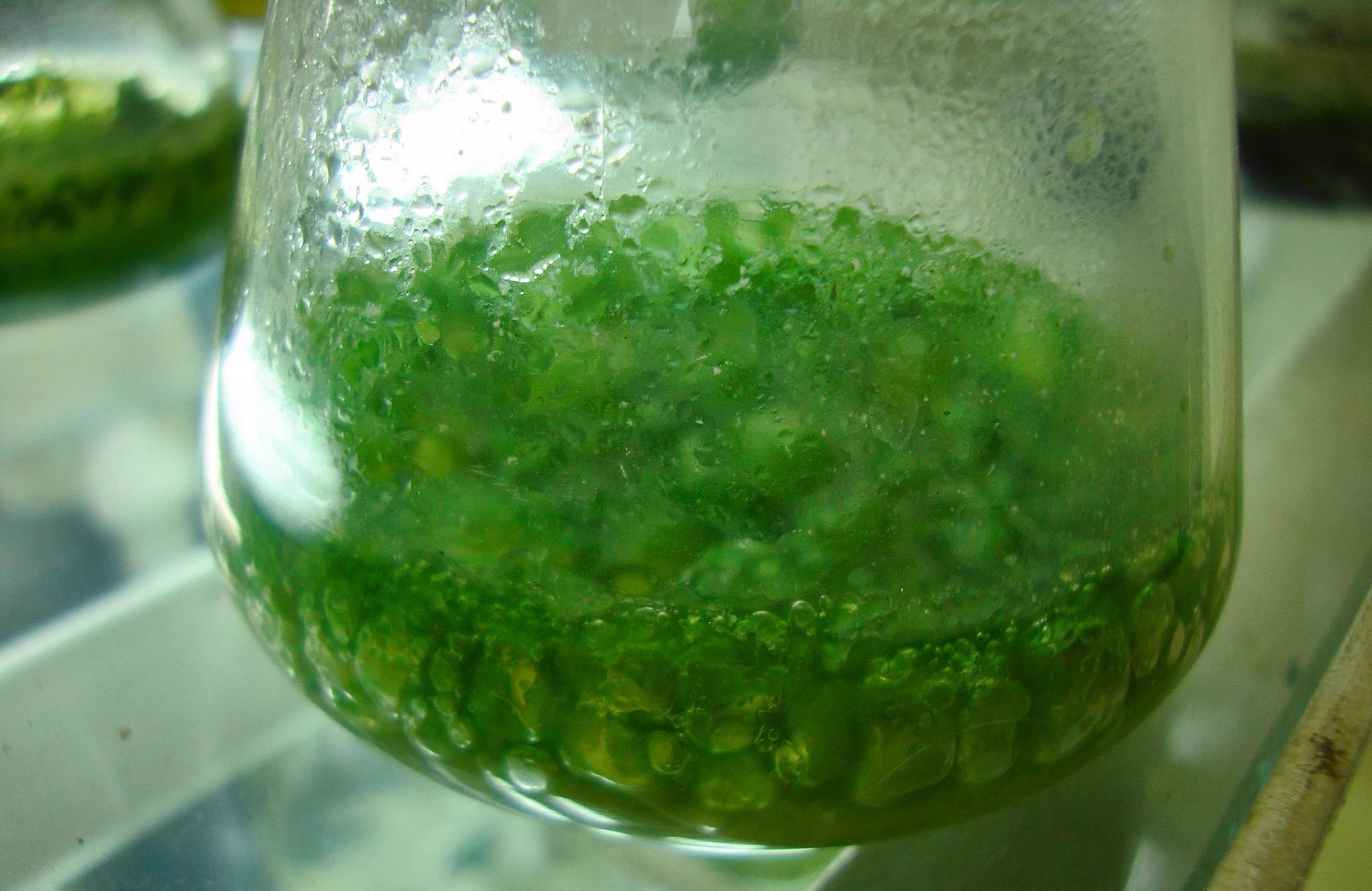Algae Oil Market: The Future of Omega-3 Fatty Acids and Health Benefits

In an era where health-conscious consumers are increasingly seeking alternatives to traditional food sources, the algae oil market has emerged as a significant player, particularly in the realm of omega-3 fatty acids. Known for their numerous health benefits, omega-3s are essential nutrients that support heart health, brain function, and overall well-being. As demand for sustainable and plant-based solutions grows, algae oil stands out as a promising option for health enthusiasts and eco-conscious consumers alike.
The Nutritional Powerhouse of Algae Oil
Algae oil is derived from various microalgae species, and it boasts a rich profile of omega-3 fatty acids, primarily DHA (docosahexaenoic acid) and EPA (eicosapentaenoic acid). Unlike fish oil, which has been the traditional source of these essential fatty acids, algae oil provides a sustainable and vegan-friendly alternative.
Health Benefits of Omega-3 Fatty Acids
-
Heart Health: Omega-3 fatty acids are known to reduce triglyceride levels, lower blood pressure, and decrease the risk of heart disease. Studies suggest that regular consumption of omega-3s can lead to improved cardiovascular health.
-
Cognitive Function: DHA is a critical component of brain tissue, and sufficient levels of this fatty acid are associated with better cognitive function and a lower risk of neurodegenerative diseases. Algae oil can help support brain health, particularly for those who do not consume fish.
-
Inflammation Reduction: Omega-3s are known for their anti-inflammatory properties, which can help manage conditions such as arthritis and other inflammatory diseases.
-
Mood and Mental Health: Research has indicated a link between omega-3 intake and improved mood, potentially reducing the risk of depression and anxiety disorders.
Sustainability and Environmental Impact
One of the standout features of algae oil is its sustainability. Algae can be cultivated in various environments, including non-arable land, and require significantly less water and resources compared to traditional crops. Furthermore, algae cultivation absorbs carbon dioxide, contributing to a reduction in greenhouse gases.
Eco-Friendly Production
The production of algae oil often utilizes waste products as nutrients, creating a circular economy that minimizes waste. This aspect appeals to environmentally conscious consumers and companies aiming to reduce their carbon footprints. As the food industry shifts towards sustainable practices, algae oil presents an attractive solution.
Market Growth and Trends
The global algae oil market is witnessing rapid growth, fueled by several key trends:
-
Increased Demand for Plant-Based Products: As more consumers adopt vegetarian and vegan diets, the demand for plant-based sources of omega-3s is rising. Algae oil is uniquely positioned to meet this need.
-
Health Consciousness: With growing awareness of the importance of omega-3 fatty acids for overall health, consumers are actively seeking supplements and food products enriched with these nutrients.
-
Technological Advancements: Innovations in algae cultivation and extraction methods have improved production efficiency, making algae oil more accessible and cost-effective.
-
Regulatory Support: As governments and health organizations recognize the importance of omega-3 fatty acids, support for algae oil as a dietary supplement and food ingredient is on the rise.
Challenges in the Algae Oil Market
Despite its potential, the algae oil market faces several challenges:
-
Production Costs: While advancements are being made, the production of algae oil remains more expensive than traditional oils. Continued innovation is necessary to lower costs and enhance competitiveness.
-
Consumer Awareness: Many consumers are still unaware of the benefits of algae oil. Education and marketing strategies will be crucial in informing the public about its nutritional advantages.
-
Quality Control and Regulation: Ensuring the quality and safety of algae oil products is essential. Navigating food safety regulations can be complex for new entrants in the market.
- Art
- Causes
- Crafts
- Dance
- Drinks
- Film
- Fitness
- Food
- Games
- Gardening
- Health
- Home
- Literature
- Music
- Networking
- Other
- Party
- Religion
- Shopping
- Sports
- Theater
- Wellness


